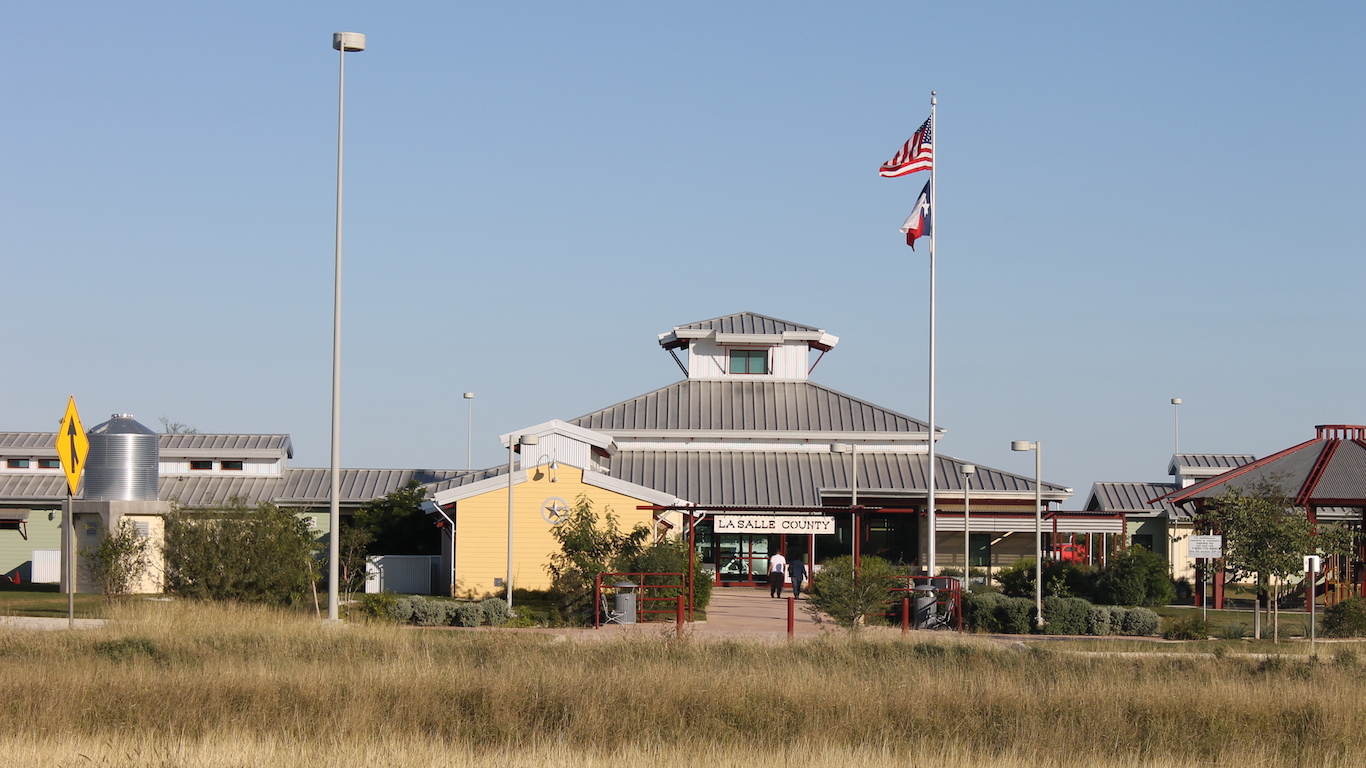
While the rate at which COVID-19 cases and deaths have occurred in America has slowed considerably, America ranks worst based on the two critical measures. The 28,526,532 confirmed cases that have been counted are about 25% of the world’s total and more than double India’s second-place 11,030,176. U.S. coronavirus deaths number 507,469, about 20% of the world’s total, and are well above Brazil’s second-place count of 248,646. The U.S. fatal and confirmed case figures vary considerably from place to place, as do the pace at which the disease is spreading.
Scientists and doctors measure COVID-19 activity in America in several ways. Among the most common are by fatalities, confirmed cases and hospitalizations. To allow apples-to-apples comparisons from county to county and state to state, the primary yardstick is cases and deaths per 100,000 people. This also allows the measurement of how fast COVID-19 cases are rising from place to place.
The New York Times keeps data on the highest number of recent cases per resident. The number takes the weekly cases per capita average over the past seven days. The county that is worst off by this measure by far is La Salle County, Texas, with a figure of 250. The next worst county by this measure is Cimarron County, Oklahoma, at 194.
La Salle County is southwest of San Antonio, toward the Mexican border. It is huge geographically at 1,494 square miles. However, its population is small at 7,520 people. That figure has grown by about 10% since the 2010 census.
La Salle County’s population is 87% Hispanic and 11% white. The county is poor, financially, with a median household income of $50,151. Its poverty rate is 26.6%, over twice the national figure.
Among the most notable things about La Salle County’s COVID-19 problem is that it is not notable at all. If The New York Times did not keep statistics that show the county’s COVID-19 issue, it could go almost completely unnoticed. That is true of most of the counties on the New York Times list. Most are extremely small by population and in remote regions within their states. While headlines in the national media regularly cover the horrible effects of the disease in places like Los Angeles County, the nation’s largest by population at over 10 million, and the national death figure, which has topped 500,000, many deeply troubled places are overlooked.
La Salle County won’t be the county with the deepest trouble in a week, almost certainly. That distinction will have moved somewhere else. However, the scars from the disease won’t fade so quickly.
Click here to find out in which states the most people have been vaccinated.
The Average American Has No Idea How Much Money You Can Make Today (Sponsor)
The last few years made people forget how much banks and CD’s can pay. Meanwhile, interest rates have spiked and many can afford to pay you much more, but most are keeping yields low and hoping you won’t notice.
But there is good news. To win qualified customers, some accounts are paying almost 10x the national average! That’s an incredible way to keep your money safe and earn more at the same time. Our top pick for high yield savings accounts includes other benefits as well. You can earn up to 3.80% with a Checking & Savings Account today Sign up and get up to $300 with direct deposit. No account fees. FDIC Insured.
Click here to see how much more you could be earning on your savings today. It takes just a few minutes to open an account to make your money work for you.
Our top pick for high yield savings accounts includes other benefits as well. You can earn up to 4.00% with a Checking & Savings Account from Sofi. Sign up and get up to $300 with direct deposit. No account fees. FDIC Insured.
Thank you for reading! Have some feedback for us?
Contact the 24/7 Wall St. editorial team.



